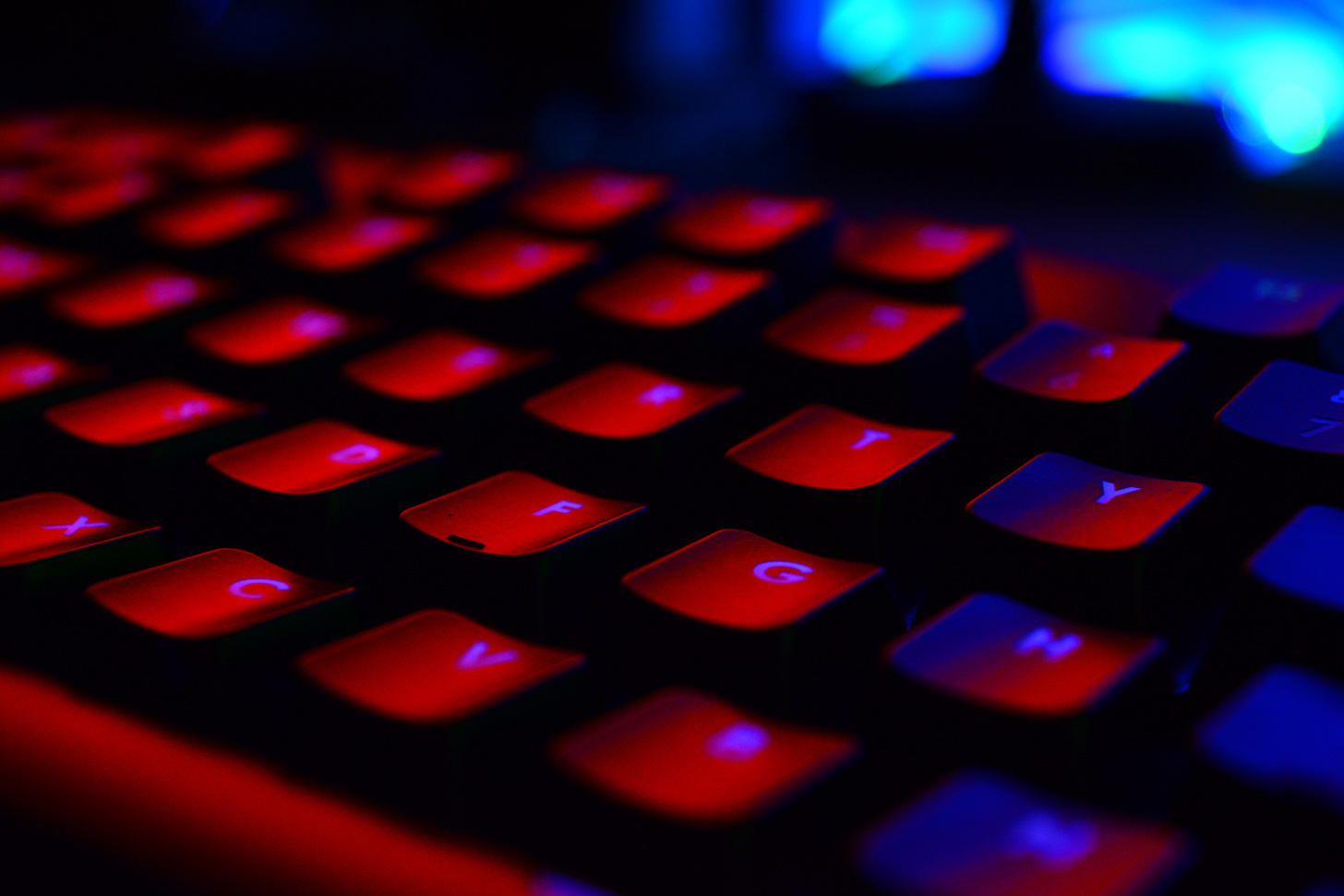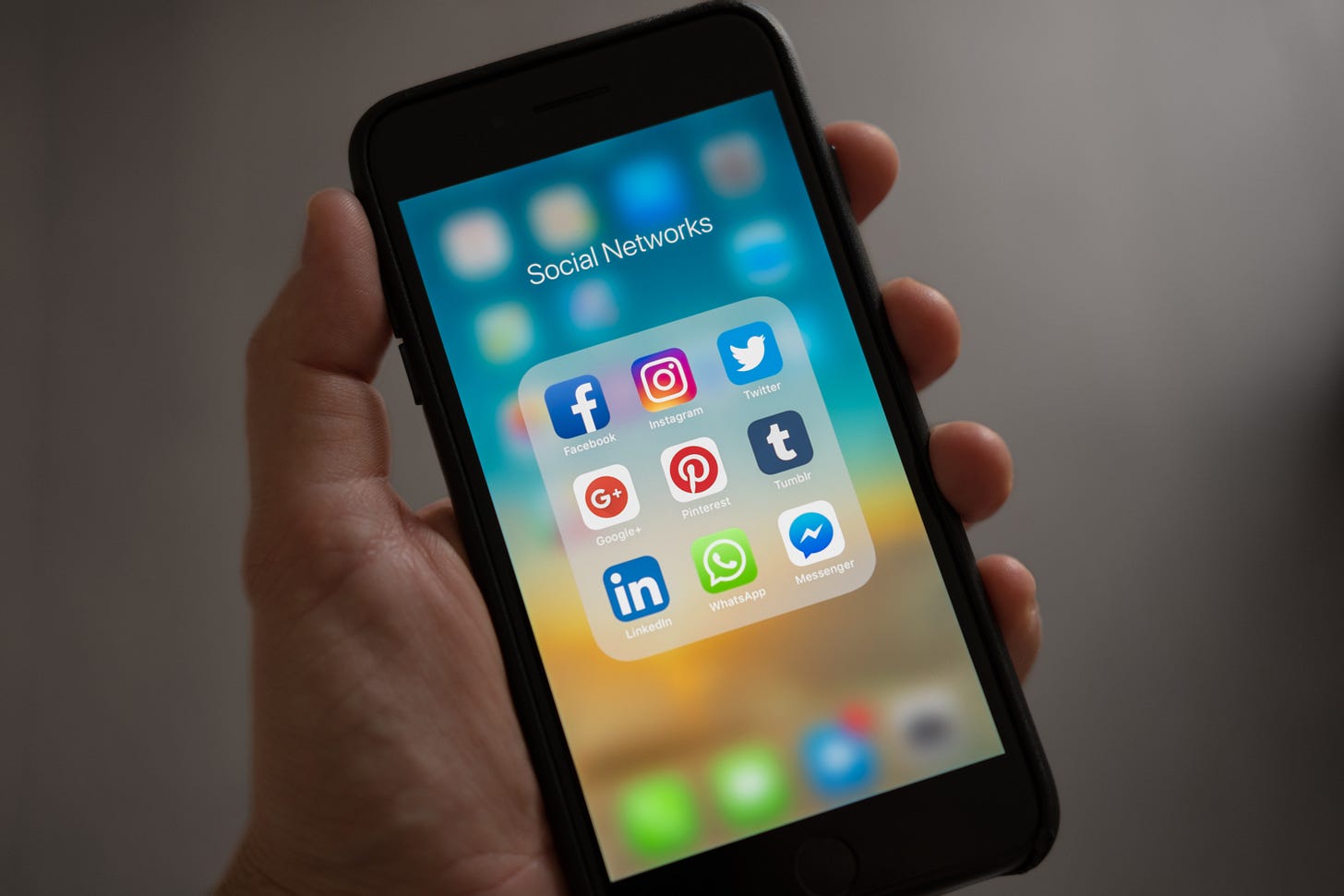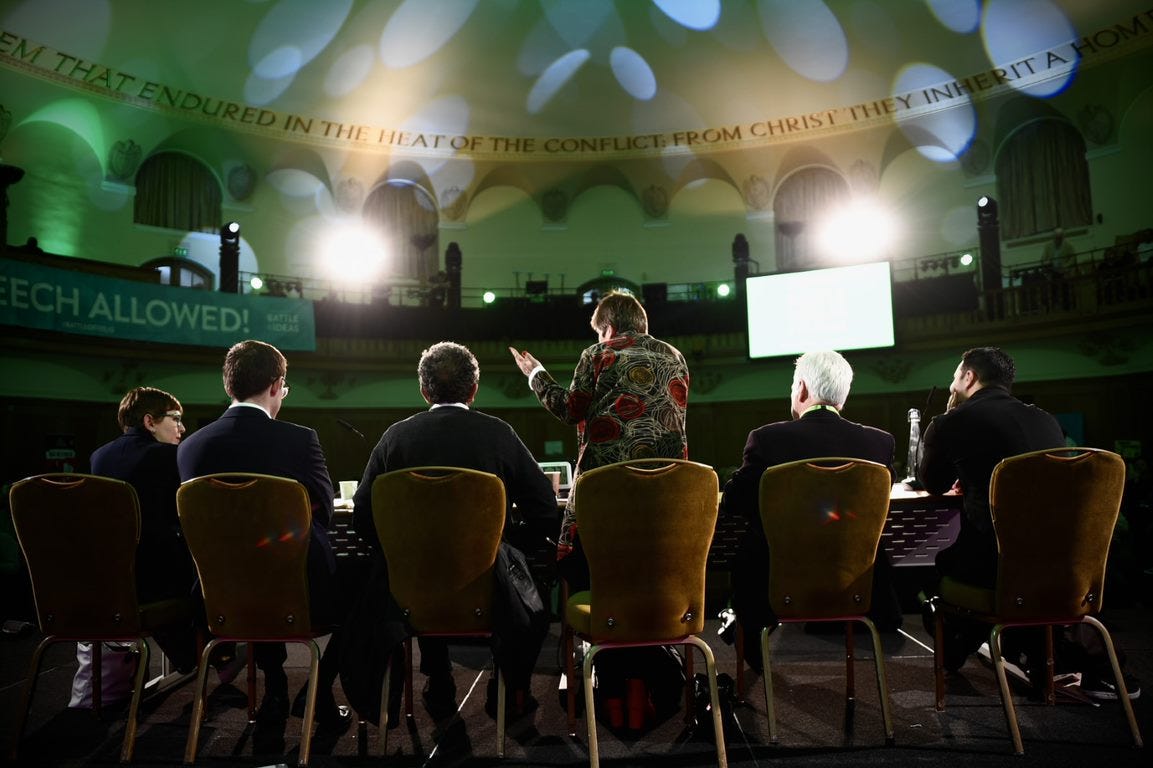Taking back control of technology, science and medicine
We need to challenge the sense of pessimism that prevails about our technological future
Today, technology is usually posed in a negative light. We’ve all read about negative things like how biometrics (like face recognition) are used to invade privacy and track people, how unaccountable tech giants wield enormous power over speech online, how dating apps are creating a romantic black hole, or how medicine is struggling to keep up with the challenges of an aging society. As a champion of individual and social freedom, these trends worry me. I believe that pervasive surveillance assumes criminals of us all, that online speech should be free and not subject to the whims of tech overlords, and that we need much more technological progress to meet the challenges of the current era.
Across all these issues, the most important issue for me is to challenge a sense of fatalism that has taken hold. Throughout the pandemic, the sentiment I kept hearing was that people felt ‘done to’ by politicians and experts: a sense that ‘those’ in power were taking huge decisions about our lives and we were to shut up and do what we are told.
When people say the internet is ‘too global’ to properly control, or that we have ‘no choice’ but to just pump more money into the NHS to serve an ageing population, or that privacy violations are a ‘fact of life’ in the digital era, there is this same sense of fatalism. Technology and science do not just happen in the abstract - they reflect social priorities, intellectual and political trends, and above all human choices. This is why having a debate about the future of technology is so important - it demonstrates that we have a say in what is going to happen to society.
We’ll be opening this debate up, as we do every year, at the Battle of Ideas festival this weekend. By the way, thanks to our friends at F-Star Therapeutics, we have a great offer for anyone under 30 who works in STEM - you can come for the whole weekend for just £27.50. Do pass this on to anyone you know in the field.
Online safety and online harms
Of course, there are plenty of issues with lots of new technologies. Biometric technology isn’t always reliable – make-up, a hoodie or a Covid mask can throw it off. Some of the data can be biased. For example, people with darker skin tones and young females can be disadvantaged, while the datasets that are used to ‘train’ the technology can often be unrepresentative of the population. Likewise, the technologies that big tech uses to police speech online are opaque, often shutting out perfectly harmless materials. Big Brother Watch (who, incidentally, will be at the Battle of Ideas festival) have done great work on this and I hope you’ll say hello to them at the Battle of Ideas festival, where both Silkie Carlo and Mark Johnson will be speaking).
But whilst we need to highlight these dangers, I am wary about hyping up the negatives. This is not least because I know that governments around the world are itching to implement new restrictions online. Even where this is well-intentioned, the effect always seems to be to stifle freedom and constrain creativity. The Online Safety Bill, which I have spent a long time following and debating (both inside and outside of parliament) embodies this trend perfectly.
Quite aside from the rather Orwellian potential addition of legal restrictions on ‘legal but harmful’ content, the Bill is premised on the idea that the internet is a malignant source of danger, leading to both mental illnesses and corroding democracy through misinformation. I think much of this rhetoric is totally overblown - and that the blunt instrument of law is rarely the right approach to reformulate our relationship with the internet.
At the same time, this debate is a tricky one because there are real dangers online. For example, I have long worried about the effect social media has on the public square, lending the culture wars an increasingly shrill tone and making it harder for us to meet minds across political or cultural divides. I also think that misinformation is a real and serious challenge for democracies - especially in a context where conspiracy theories abound.
Balancing the real dangers that exist online, and the real consequences the internet has had on democracy with the equally real dangers of regulation is not easy. You probably won’t be surprised to hear me say that we need DEBATE about these issues to work out a way forward. We have a whole session on this theme at the Battle of Ideas festival, in association with the FSU who have done such good work on the Online Safety Bill. Come along!
The challenge to MSM
One area where I do have some optimism is the explosion of new media outlets. Whilst many of them end up being short lived (and plenty have been outlets for cranks and conspiracy mongers) I think its very positive that so many people are taking up the mantle of citizen-journalism. It certainly presents a challenge to the idea of a ‘mainstream’ media - where is the mainstream when you can choose from thousands of different YouTubers?
One area where this became very necessary was in debate about alternatives to lockdowns. This is dangerous territory because there has been so much misinformation (on both sides), but I for one wouldn’t have made sense of it all without the explosion of podcasts, Substacks and videos surrounding the best way to tackle covid. Now that we have a little distance on the pandemic, I think it’s only right to ask: Did anyone do covid right? When we debate this topic at the Battle of Ideas festival on Sunday, I know the panellists will be drawing on the debates that got an airing online thanks to new and alternative media outlets.
Medical dilemmas
At the festival we’ll also be looking at a number of issues in contemporary medicine. I think everyone by now is familiar with the huge debate about whether GPs are in crisis. I know that the suspicion in some quarters is that GPs are being lazy, or have lost their sense of vocation. Anecdotes about patients waiting hours to be fobbed off with a hurried telephone call from a GP are commonplace. Yet GPs themselves report of ever-increasing workloads, a real challenge in recruitment, and a mixture of the usual stories about NHS backlogs, technical challenges and chronic underfunding. But is the solution to this perhaps bigger than intermittent injections of cash? What is causing this crisis in trust for our once-beloved family doctors?
We also really need to discuss the way we treat cancer. After Covid, a wave of undiagnosed and late treated cancers has arisen in the UK and other countries – a consequence of delayed treatments, cancelled screening and operations, and ever-expanding waiting lists. At the same time, Covid vaccine development has shown how medical progress can be accelerated when the right resources and political will are brought to bear. What would it take to really beat cancer? I find this a fascinating question to ask because many people insist it is not merely a medical question (new drugs, etc.) but also a social one (‘lifestyle’ factors like smoking, drinking and eating etc.) Is curing cancer all about the science? Or are other factors at play?
Join the debate at the Battle of Ideas festival
As I said, we will be debating all these important issues over the Battle of Ideas festival weekend. There will be plenty of disagreement, but a shared commitment to bringing discussion into the open and taking charge of our destiny.
See you there!







